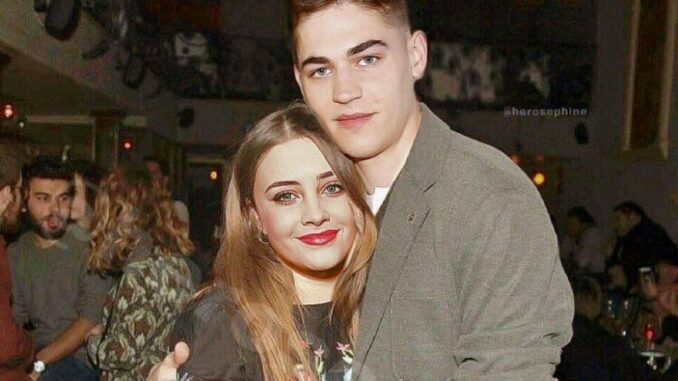
Hardin Scott is often introduced to audiences as the embodiment of the rebellious bad boy—sharp-witted, defiant, and seemingly untouchable. But beneath the smirk and the tattoos lies something far more compelling: a deeply complex heart shaped by fear, self-doubt, and unhealed wounds. His passionate intensity isn’t born from arrogance—it’s a shield, forged to protect himself from the pain of rejection and the terror of not being enough.
The Mask He Wears
Every impulsive decision, every cutting remark, is part of a carefully constructed armor. Hardin’s defiance is not simply an act of rebellion—it’s a defense mechanism. Years of emotional scars have taught him to strike first, to push people away before they can abandon him. In doing so, he often sabotages the very relationships that mean the most. This isn’t because he doesn’t care—it’s because he cares too much, and that vulnerability terrifies him.
Moments of Quiet Vulnerability
For all his fire and fury, Hardin’s softer side emerges in fleeting, intimate moments. The way he watches Tessa sleep, as if memorizing her presence. The way his words on paper weave entire worlds that reveal his deepest truths. Or the hesitation in his eyes when he knows he’s made a mistake but fears the consequences of admitting it. These glimpses remind us that under the chaos is a man capable of immense tenderness—if only he can allow himself to feel it.
A Mirror for the Audience
Hardin’s internal battles resonate because they reflect something universally human. Many viewers have, at some point, felt undeserving of love or doubted their own worth. His struggles, while uniquely his own, mirror our own fears and flaws. He does not ask for pity, and the story never excuses his missteps. Instead, it invites us to witness the messy, often painful process of self-discovery and growth.
In his darkest hours, Hardin shows us the danger of living behind walls built from past trauma. But in his small steps toward healing—be it an honest apology, an act of kindness, or simply choosing to stay when it would be easier to run—he offers hope. Hope that even the most guarded hearts can open. Hope that change, while difficult, is possible. And hope that redemption is never out of reach, no matter how many times we fall.
Hardin Scott is not simply a “bad boy” character—he is a portrait of a person wrestling with his own humanity. And perhaps that’s why he lingers in our thoughts long after the credits roll: because somewhere in his fight to heal, we recognize our own.
